Dumpster diving Sydney: Man’s free grocery haul exposes Sydney’s huge problem
It’s almost 11pm when a white Mercedes van pulls off the main road and into an empty lane. This is one man’s bizarre way of getting groceries.
It’s roughly 10.45pm on a July Tuesday night when a large white Mercedes van pulls off the main road and into an empty back lane.
For the driver, his target is the back exit of a boutique grocery store in Sydney’s trendy inner west. Specifically, the two-by-one metre industrial bin.
This is how 31-year-old William Smith* sources 75 per cent of the food he eats – through twice or thrice weekly dumpster diving sessions.
“I was introduced to dumpster diving by a lady who was doing it for financial reasons while I was living in Adelaide,” he tells news.com.au, on the condition of anonymity.
“I was so impressed with how resourceful and smart it was. Now I have friends and we’ll go dumpster diving together.”
Want a streaming service dedicated to news? Flash lets you stream 25+ news channels in 1 place. New to Flash? Try 1 month free. Offer ends 31 October, 2022 >
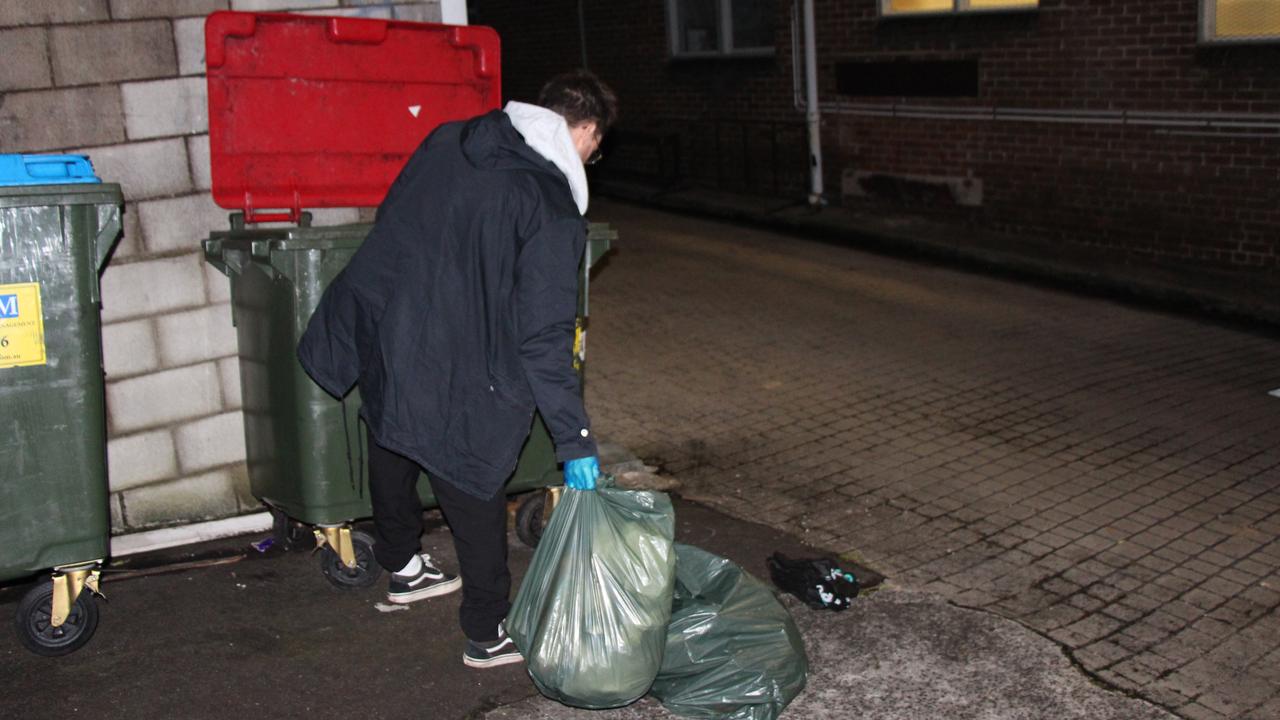
Lifting the lid on dumpster diving
In one night Mr Smith will visit two to three supermarket bins. He starts about 10.30pm, roughly half an hour after the supermarkets close and the staff clock off.
He’s persisted despite Sydney’s spell of wet weather, however on this night, he’s been gifted a rare break in the rain.
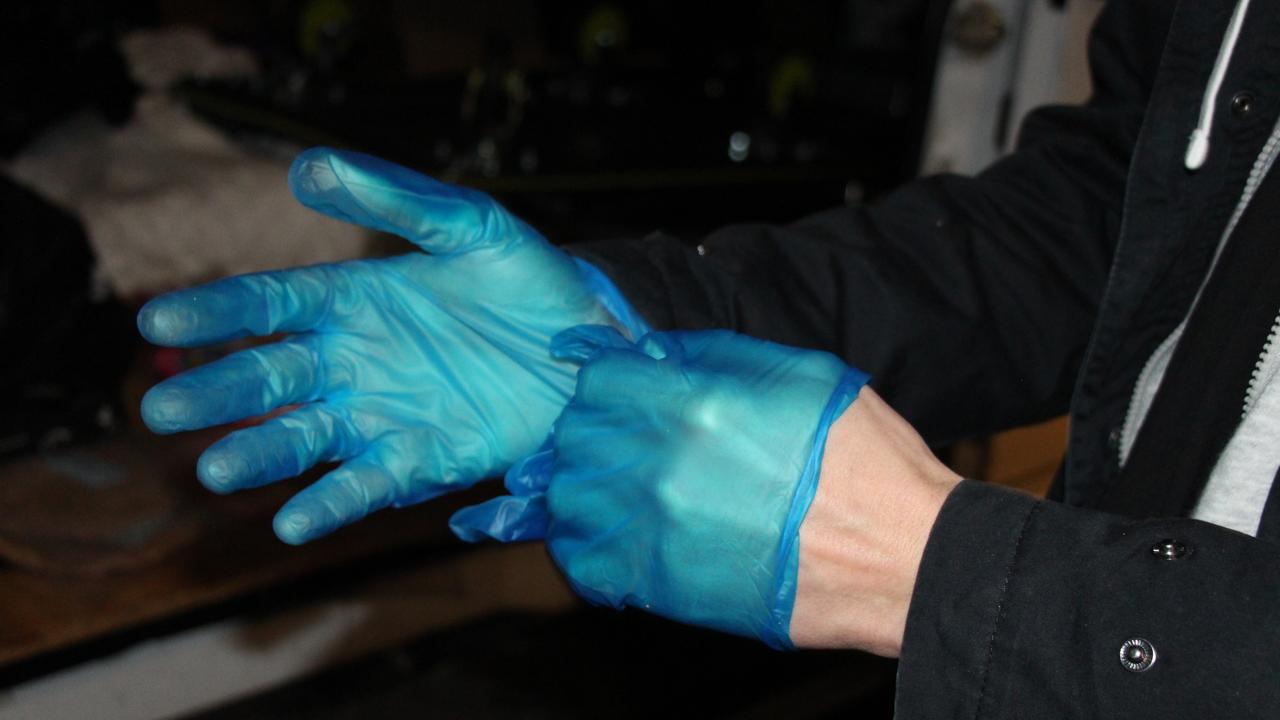
Well-honed in his routine, Mr Smith approaches his first bin of the night without hesitation.
He puts on a pair of bright blue rubber gloves before he opens the bin’s unlocked lid.
“I’m a bit embarrassed about the gloves because most people don’t wear gloves,” he says, not entirely joking.
Anti-climatically, one bag is filled with storeroom trash but another hides an abundance of bread in various shapes and sizes. Mr Smith takes two loaves and tucks them away in his reusable bag.
“Other people have given me confidence to just go past the expiry date,” he says.
“If there’s meat and the package is swollen, then that’s a sign that there’s gassing.
“I also smell stuff and wash everything to the point where it’ll be cleaner than what you’d get at the shop.”
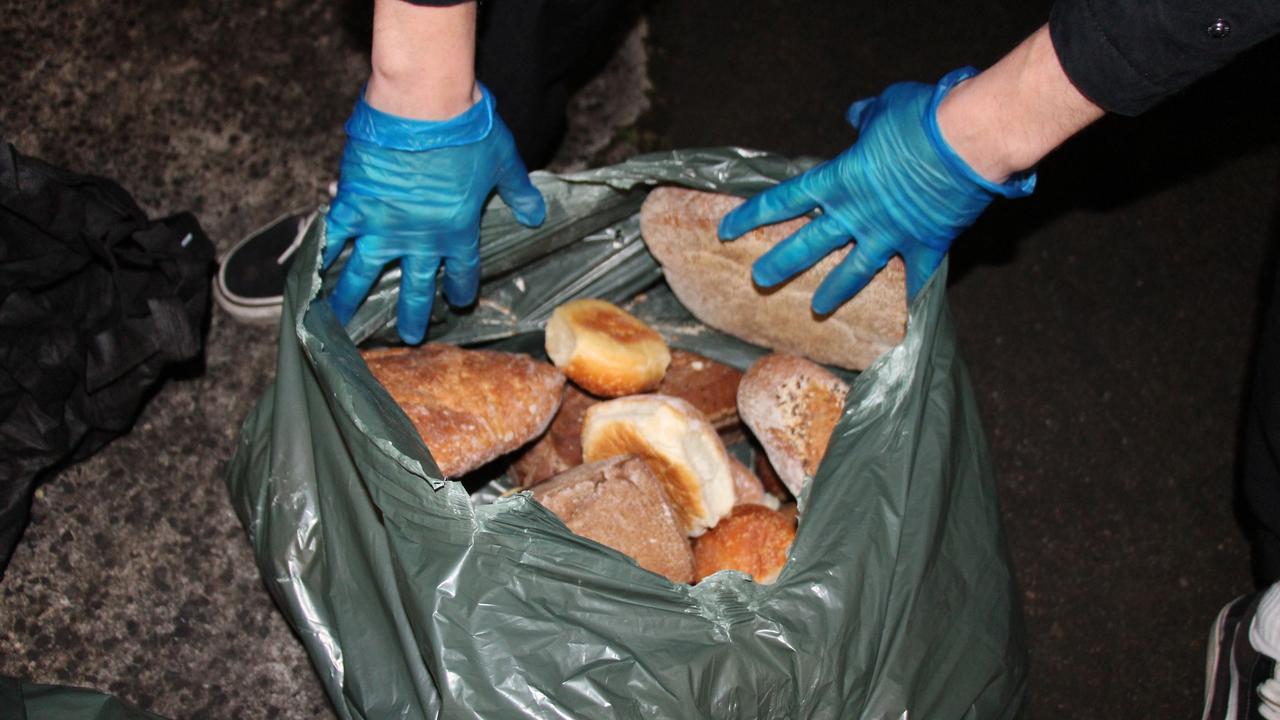
Strewn around the bin are also ready-made meals like discounted brown rice and curry packs, and a roast chicken and veggies option too.
Mr Smith takes three and leaves the rest behind.
“Some people would take all of it, I’m just fussy,” he says.
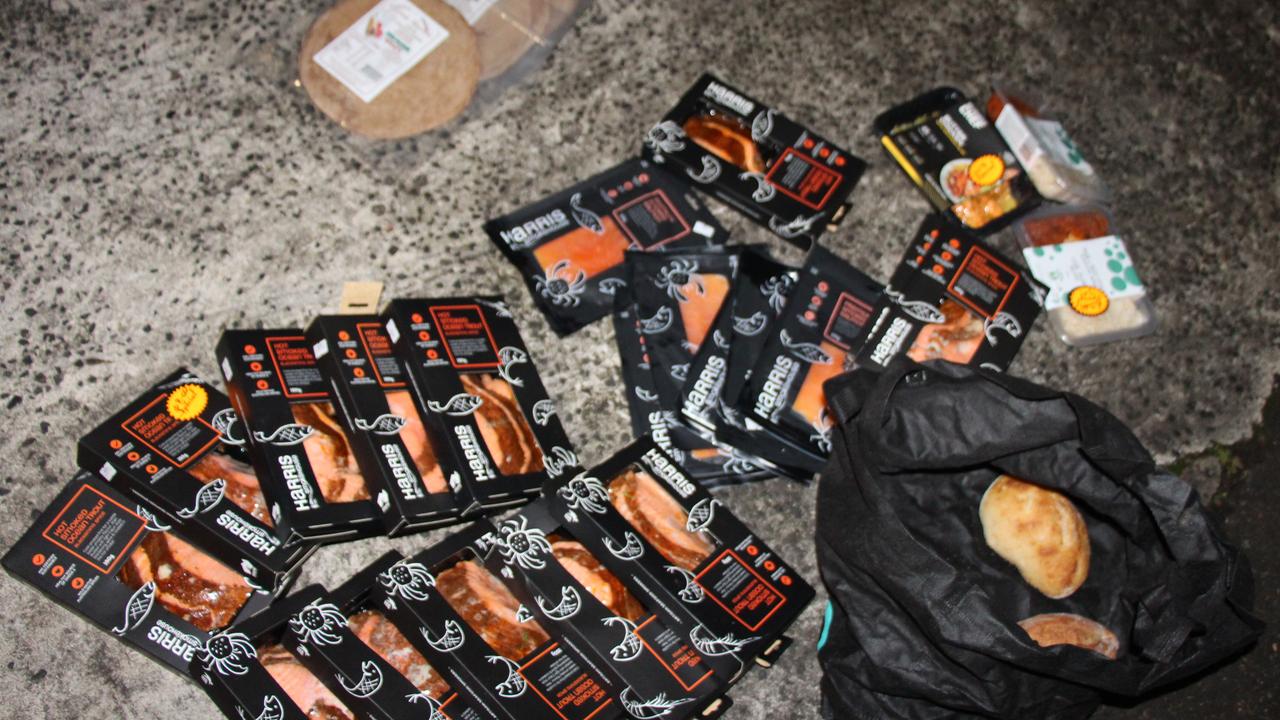
Later he explains that he has a bit of a sensitive stomach, which can be prone to minor upsets.
“I know people who go extremely past the expiry dates and go dumpster diving most days, but they don’t have a problem,” he adds.
Tonight, the star of the haul was a dozen packets of hot smoked ocean trout and six packets of smoked salmon. All of them have at least five days before the expiry date, others have more than two weeks remaining.
However, all that glitters is not gold when it comes to dumpster diving.
“Sometimes when there’s a batch of stuff that’s in date, there can be a contamination issue or something,” Mr Smith explains.
“I like finding things that are out of date by one of two days but I’ll go home and Google whether there’s been an issue with this.”
‘My budget would be gone’
For Mr Smith, he says he’s able to eat well through dumpster diving and follows a relatively normal diet.
Eggs and bread are regular finds and while we only visited one bin tonight – the presence of warehouse staff at a second larger supermarket cut our trip – normally he’ll take home meats and vegetables too. Mr Smith and his fellow dumpster divers will also share their excess food on Facebook food sharing networks. Food Bounty - Inner West (Sydney) has developed a loyal following of 1100 members in under a year.
“For me, I won’t purchase animal products because of the extreme cruelty that’s involved in the industry,” he says.
Mr Smith will also supplement his dumpster haul with non-perishable basics like pasta, rice and some condiments, which he buys in-store.
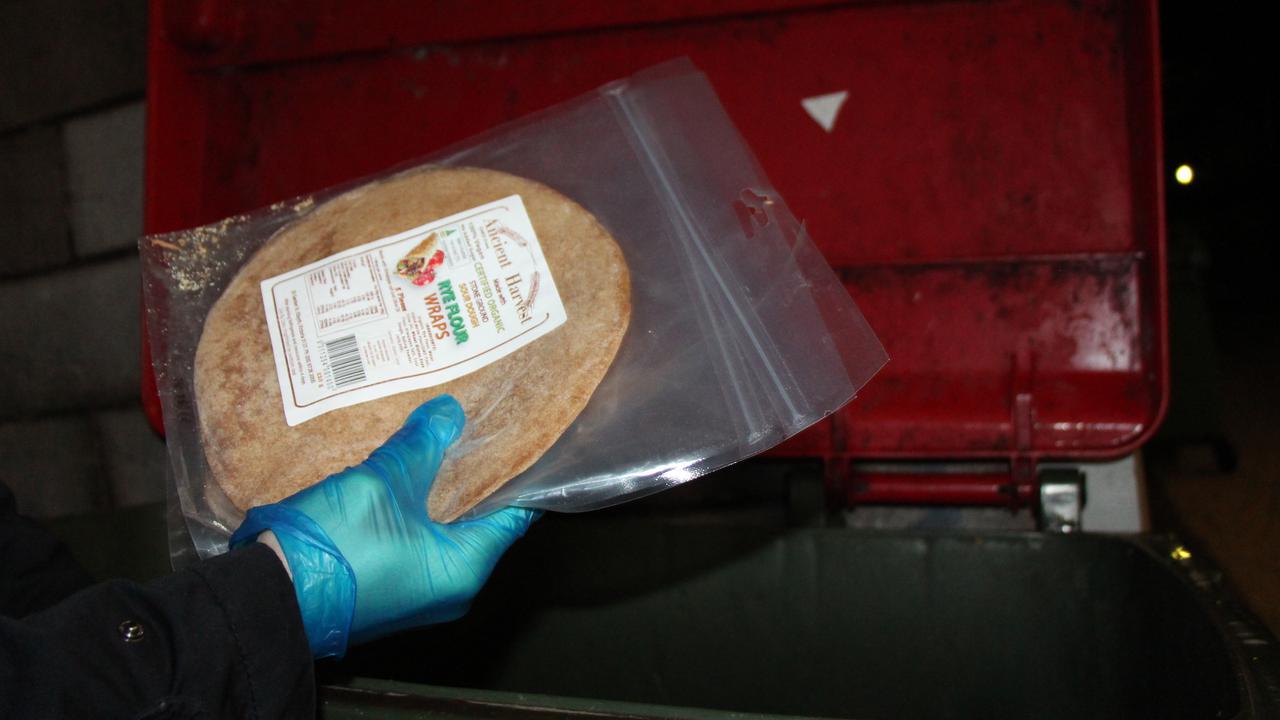
For Mr Smith, 2022 was the first year he used dumpster diving as his main method of sourcing food. Prior to that he did it “every now and then”.
Despite earning income from various casual jobs through Uber Eats and dealing at a sports bar, the increasing cost of grocery prices was a factor.
“If I was spending that money on groceries then my budget would be gone. I’m just an individual but I’d be screwed if I had a family or kids to support,” he says.
Although this year has been peppered with supply-chain issues and food shortages, grocery store and supermarket bins have remained constant with salvageable offcuts.
“All the dumpster divers I’ve talked to have said they haven’t noticed the cost of living (affecting supply). They’re doing pretty good.”
“There was still a lot of waste.”
Within Sydney, the dumpster diving community is small but lively.
One popular Facebook group boasts more than 4400 members. The users regularly share bountiful hauls of rescued food. Photos show packs of chocolate, bread and fresh produce spilling off of dining tables. Offers to share, as well as messages asking for advice and location tips are frequent and responded to with enthusiasm.
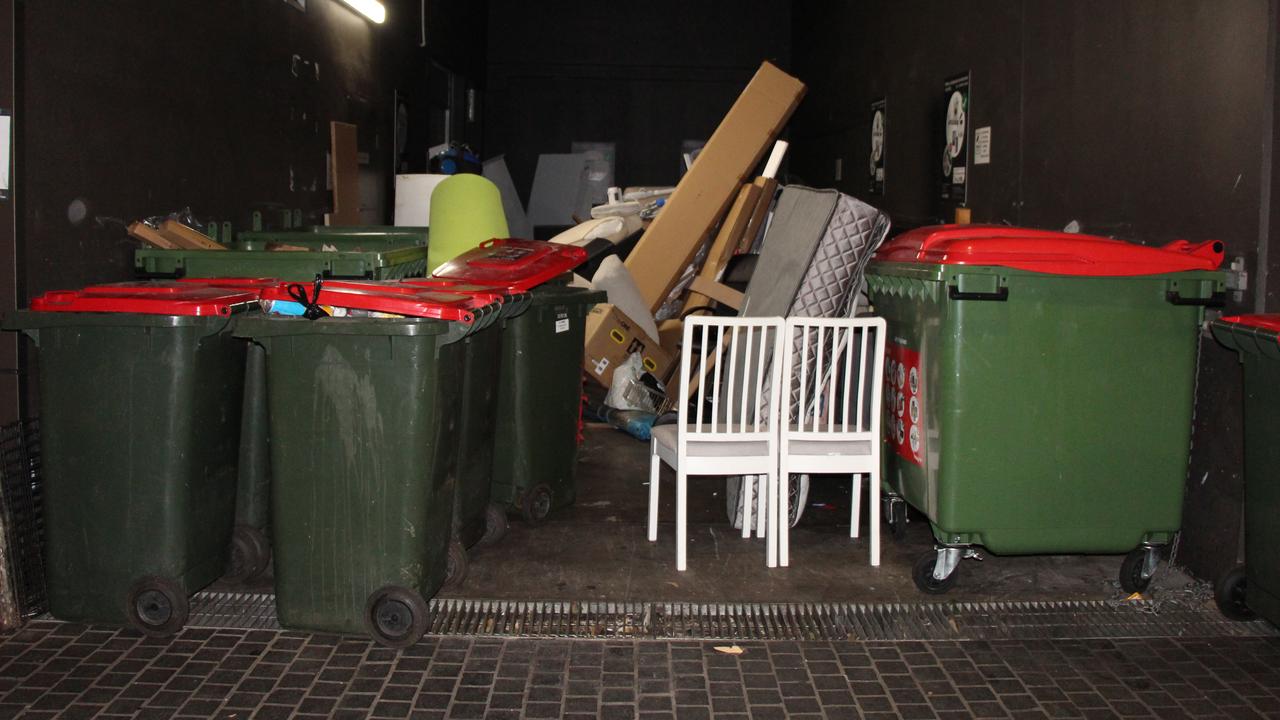
While the practice is niche, there are rules, explains Mr Smith. Set by a “well-known” figure in Sydney’s dumpster diving community, the rules say divers must be quiet, leave the bins and their surroundings in a clean state, and leave an area if they’re instructed to do so.
“If someone confronts me, I’ve got to consider that if I’m rude to them, it reflects on all dumpster divers,” he says.
Apart from supermarket bins, residential bins around apartment complexes can also be a source for high-quality goods.
“I went through a phase of collecting stuff like suitcases and knife sets. Anything that I could find like small furniture and lamps,” he says.
“You’d just put them up on Facebook Marketplace for $10 or $20. If you did it for 40 hours a week, you could maybe make $500 to $600.”
Although exploring them can be a hit of miss venture, it’s how he found one of his favourite items – a black waterproof jacket.
“Sometimes when people move homes, or if they’re going through a divorce, they’ll dump a lot of useful stuff.”
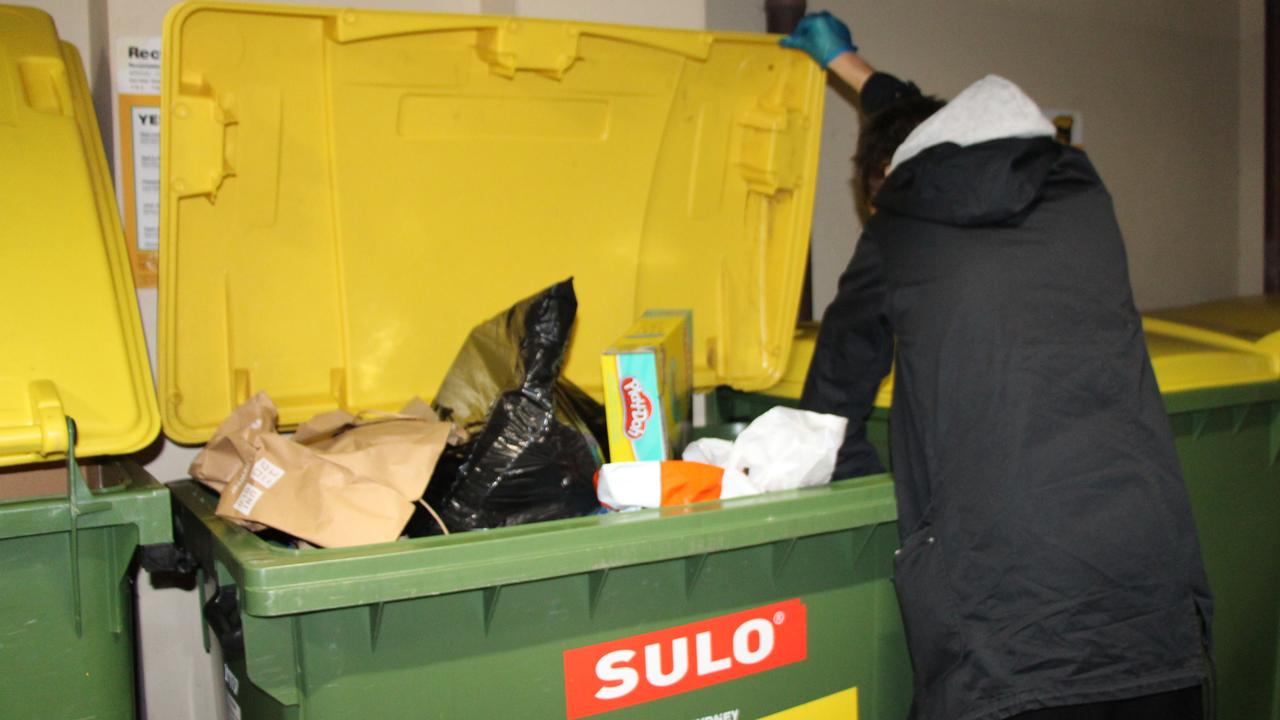
‘It’s not a viable option for everyone’
For Mr Smith, although he’s able to support himself through dumpster diving, he says the practice is indicative of Australia’s larger issue with poverty.
“Dumpster diving is not like a viable option for everyone,” he said.
“There’s three million Australians living in poverty and that includes 731,000 children. That is what should be highlighted when people talk about dumpster diving.
“Australians should pressure the government to create this change and bring people out of poverty and the one point people are calling for is for people on welfare to be raised out of poverty.
According to Foodbank’s 2021 Hunger Report, one in six adults haven’t had enough to eat in the last year, while 1.2 million children have experienced hunger in the past year.
The reach of food insecurity is also broad. The issue of affects people of all ages, income ranges, employment status and location. Surprisingly, those with full-time employment were the largest-represented age group, totalling 37 per cent of respondents.
The most common reason for food insecurity was because people could not afford groceries due to an unexpected expense or large bill, a reason 35 per cent of those surveyed agreed with.
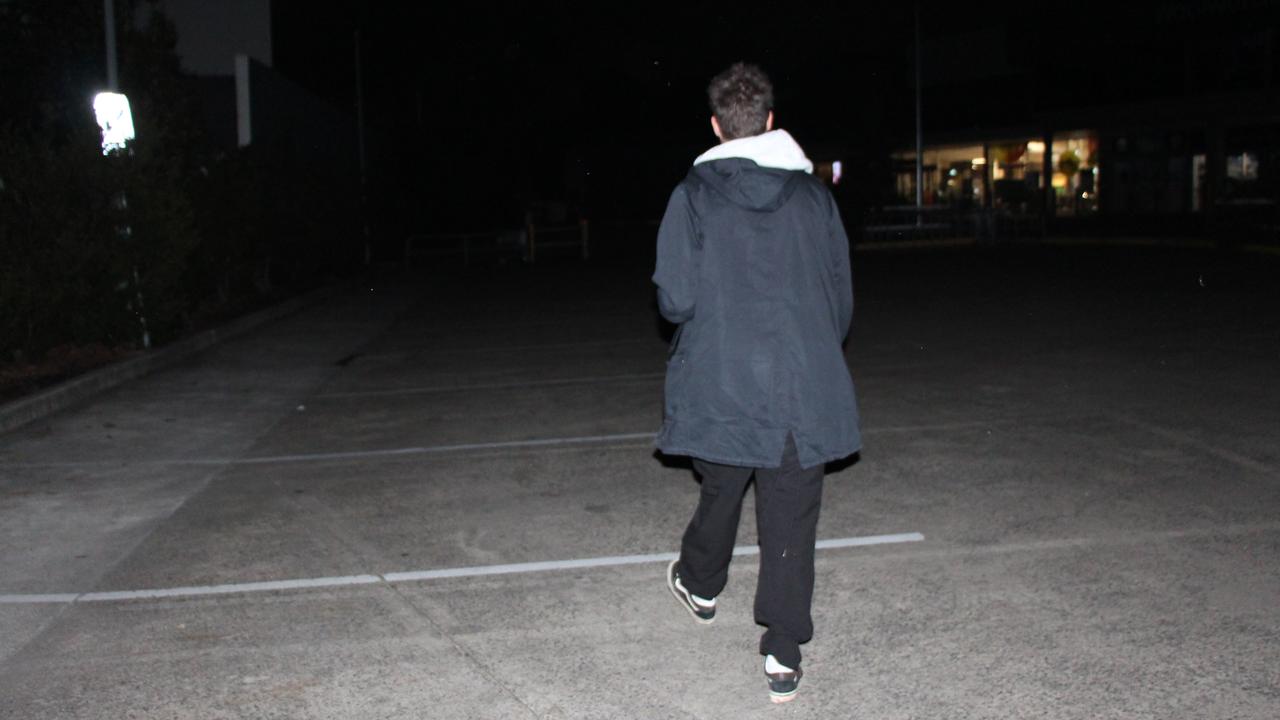
It’s just past midnight when Mr Smith finishes his midweek dumpster diving session. By this time, even the busiest carparks have emptied and the roads are bare. The main signs of Sydney’s bustling population come from the dwindling living room and bedroom lights, illuminated from the nearby apartment blocks.
While Mr Smith has food for the next few days, he’ll revisit his route of inner-city bins later in the week.
“Some people love the activity, and others just get addicted to finding stuff and the adventure but for me, it’s about saving money,” he says.
*Not the source’s real name.






